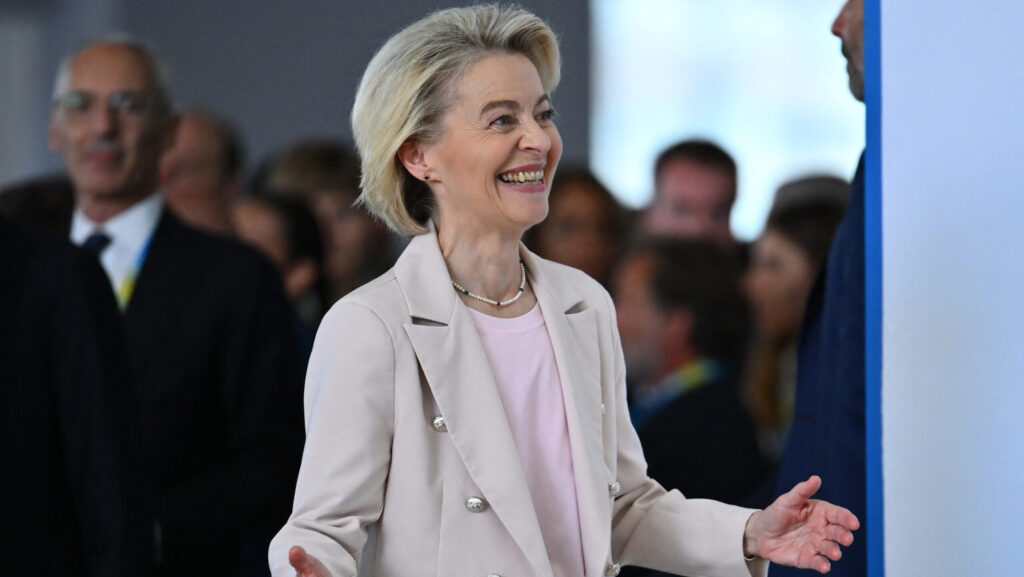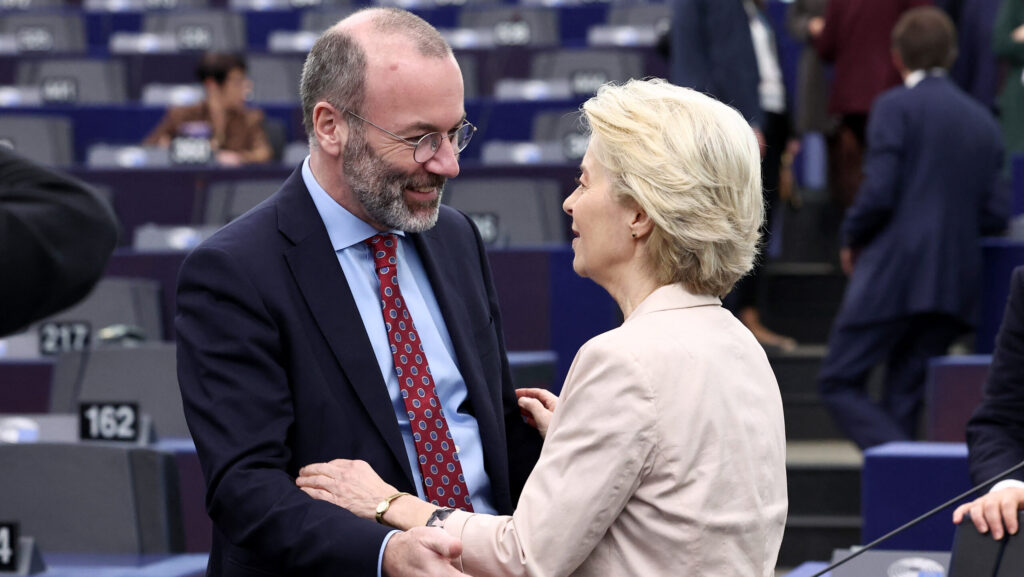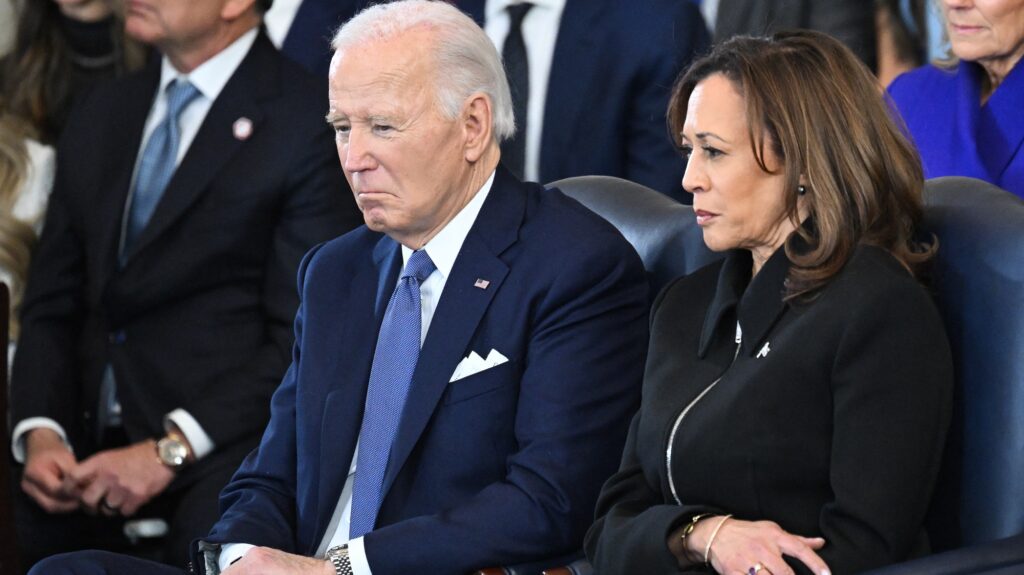Of all the politicians whose names have emerged the one most implicated in the scandal is French President Emmanuel Macron. Uber started its expansion into Europe in France as early as in 2011, but did not become a highly used app until 2014, when the company launched its UberPop service that finally granted it success – Macron was the finance minister at the time in France. The traditional French taxi industry soon grew wary of Uber, and in 2015 they started to protest the company. Taxi drivers were burning tyres and blocking roads leading to the airports, which prompted the government to block the app. To unblock the service, Uber needed some help, so it looked for an ally in the French government. On the basis of the leaked conversations between representatives of Uber and the then French finance minister, it seems that Macron helped ease the French regulation (and eventually unblock the service) at this time in favour of Uber. Later, when Uber was being investigated, he intervened into the process in a way favourable for Uber. Macron personally met with Uber’s then-chief executive, Travis Kalanick, and apparently also engaged in a series of undisclosed text message exchanges with Uber’s head of lobbying.
Last week, The Guardian leaked more than 120,000 secret documents about Uber’ s illegal activities, which are now being analysed by 40 media organizations. According to The Guardian’s summary of the leak headlined ‘Uber broke laws, duped police and secretly lobbied governments’, Uber tried to pressure legislators into creating favourable legislations for them or avoid punishments for their missteps. The documents mainly date from the years between 2013 to 2017 and prove the company’s willingness to engage in very aggressive techniques to pursue its interest. Uber organised secret meetings with public officials, sponsored academics to write studies exalting its business model and even used technology (e.g., kill switch on computers) to evade investigation.
Uber tried to pressure legislators into creating favourable legislations for them or avoid punishments for their missteps
In Macron’s defence, however, some emphasize that he did not receive monetary gain from Uber for his “services”. Macron himself has argued that the strengthening of Uber ultimately benefited the average French consumer. Nevertheless, the pressure for his dealings with Uber is high on him; a couple of days ago Macron was caught trying to defend his position in a rather fierce discussion with a journalist (he used a vulgar expression to get his point across). Besides Macron, there are also questions about the role of former Dutch European Commissioner Neelie Kroes too, who lobbied the Dutch government to change regulations in a way favourable for Uber. The scandal has reached the shores of the United States as well. In 2016 Joe Biden (then Vice-President) also met with the leaders of Uber at Davos; he was so impressed by their pitch that he tweaked his speech (that he delivered later that day) to praise the company for its innovation. Biden, Macron and Kroes are arguably the most famous implicated officials, however, the leaked files reveal that Uber had a list of 1 850 public officials, think tanks and citizen groups that they hoped to receive help from to spread their message in 29 countries across the world, as well as in the European Union.
The protests and the corruption allegations in Europe come on top of Uber’s troubles in the USA
Needless to say, the revelations provoked angry reactions across the globe. Just as when Uber first entered the ride-share business, taxi drivers yet again took to the streets to protest the American technology giant. Most recently, the taxi industry organised global protests from Italy to India, in countries where Uber controls a large share of the industry. The protests and the corruption allegations in Europe come on top of Uber’s troubles in the USA. Uber is being sued in San Francisco; according to the charges more than 550 female passengers were assaulted by local Uber drivers. Uber is also accused of having been ‘fully aware’ of the problem but failing to investigate or introduce safety measures to protect its female passengers. Overall, the current backlash against Uber is likely to result in a steep decline in its penetration of the global market. In 2017, at the peak of its success, Uber was present in 80 countries all across the globe, however, it soon lost ground as it was quickly forced out of countries such as China, Russia, Indonesia and Hungary due to commercial, legal and political reasons.








